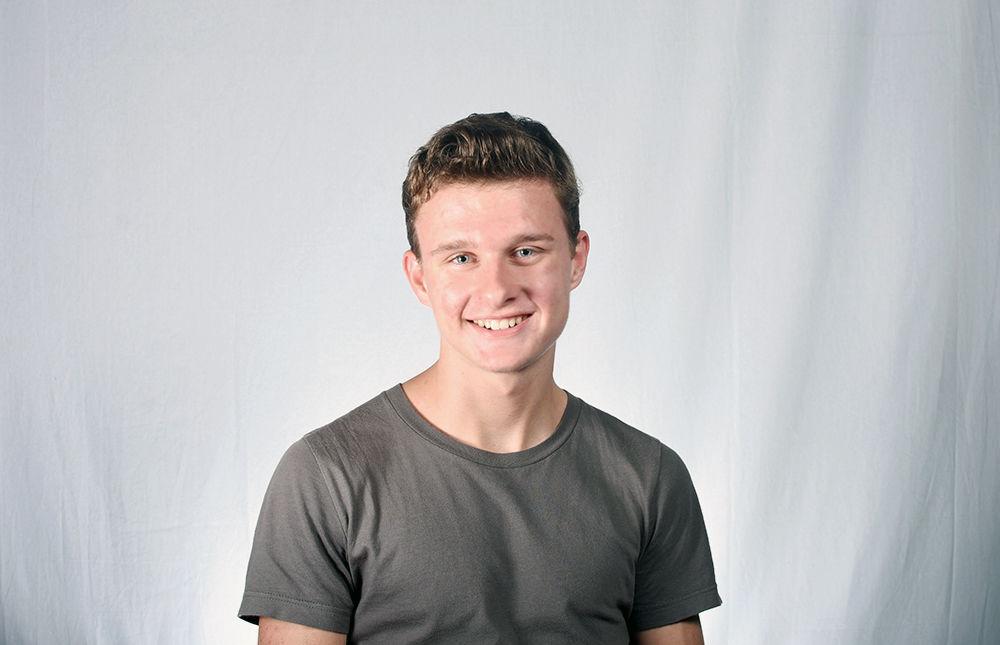On March 9-18, Raleigh leaders were in Austin, Texas, for South by Southwest, an annual event focusing on professional and creative growth. Specifically, our own Nancy McFarlane was there as mayor of one of the last 20 cities left on Amazon’s shortlist for its second headquarters. She participated in a panel discussing the costs and benefits of HQ2 for Raleigh.
The panel, however, was met with some conflicting opinions after activists from the No Gay? No Way! campaign distributed materials outside the hotel where McFarlane was participating in the panel. The campaign is a response to Amazon looking for a second headquarters and aims to discourage the company from selecting any location that is in a state which the activists view as lacking adequate protection against discrimination for the LGBT community. They have targeted nine states — the locations of 11 of the final 20 cities for HQ2 — as discriminating against LGBT people, including Raleigh.
Although I personally admire the activists’ central idea of decreasing discrimination, I hardly think that Raleigh should be on their hit list. Raleigh is an accepting city, and North Carolina as a whole has been moving in a more progressive direction recently. Despite the best of intentions, No Gay? No Way! is way off the mark for attempting to punish a group of good-willed individuals for the past actions of less open-minded people.
Their argument that Amazon should not consider Raleigh for HQ2 has two big holes: Amazon is looking for a city, not a state, and the activists have an outdated and inaccurate view of what North Carolina as a whole currently stands for. We are no longer the state defined by House Bill 2.
The company is selecting its second headquarters based on the qualifications of the city, including factors that are not purely economic, such as the potential reception of Amazon by the general public. But when Conor Gaughan, a spokesman for No Gay? No Way!, said in an interview with the News and Observer, “For us the message is fairly simple. We think that Amazon should consider state laws that discriminate in their criteria.” He failed to recognize the importance of a city’s views compared to a state’s.
I agree, of course, laws of the location selected have to be considered, but the idea that these laws must be state laws is short-sighted. This is especially true when considering Raleigh’s independent ordinance that opposes “any discrimination based on actual or perceived age, mental or physical disability, sex, religion, race, color, sexual orientation.”
No Gay? No Way! is likely focusing on the fact that North Carolina has a past of discriminatory policies like House Bill 2, but under Mayor McFarlane, Raleigh has always strived to maintain an independent view on the matter.
A study by Public Religion Research Institute found that 71 percent of residents in Charlotte and the Raleigh-Durham area favor LGBT nondiscrimination laws, roughly 10 percent more than other parts of North Carolina. This open-mindedness is seen throughout the city. With past marches supporting LGBT causes, the city has a vocal population that supports a diverse community. Beyond that, a welcoming environment is evident at our own university, through organizations like the GLBT center.
In short, Raleigh’s neighbors may be intolerant, but our city is welcoming, and there’s no reason to punish an accepting city.
The second reason for why No Gay? No Way! has missed the mark with Raleigh is that North Carolina as a whole has become drastically more progressive recently. If organizations like No Gay? No Way! protest our laws while they are moving in the right direction, it could be harmful to the process of change.
Just as recently as Jan. 25, Todd Rosendahl, a leader of Equality NC — North Carolina’s oldest LGBTQ equality organization — was appointed to North Carolina Youth Advisory Council. This decision was applauded by Equality NC. Ironically, this is evidence which I found through a link on No Gay? No Way!’s own website; the page lists the most recent LGBTQ news for the 9 opposed states. When the organization’s own site betrays its cause, it’s evident that it must have a weak argument to begin with.
North Carolina’s history of LGBTQ rights is tainted by HB2. Perhaps for a large part of the country, that’s still what this state is about. But North Carolina voted out Pat McCrory, the man who had become the face of HB2, in 2016. And North Carolina elected Roy Cooper, who has done his best to repeal the bill. North Carolina is making progress as of right now; if that isn’t noticed or, worse, is punished instead, it just might burn out.
I’ve lived in Raleigh my whole life, so I have a strong emotional attachment to this city, for its greatness and for its flaws. I know just as well as anyone that there are valid criticisms of Raleigh. But to say that we are not tolerant, to say that we discriminate and to say that we don’t protect the individuals who live here, no matter who they are, not only goes against the facts, it goes against the culture of this great city.














